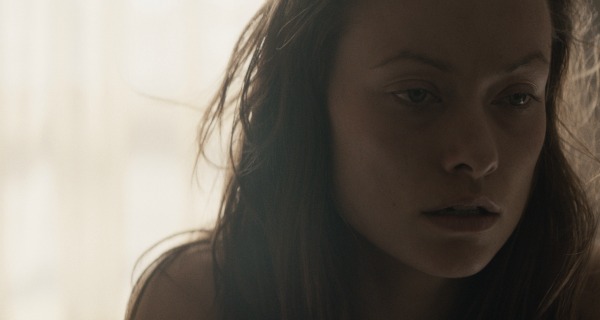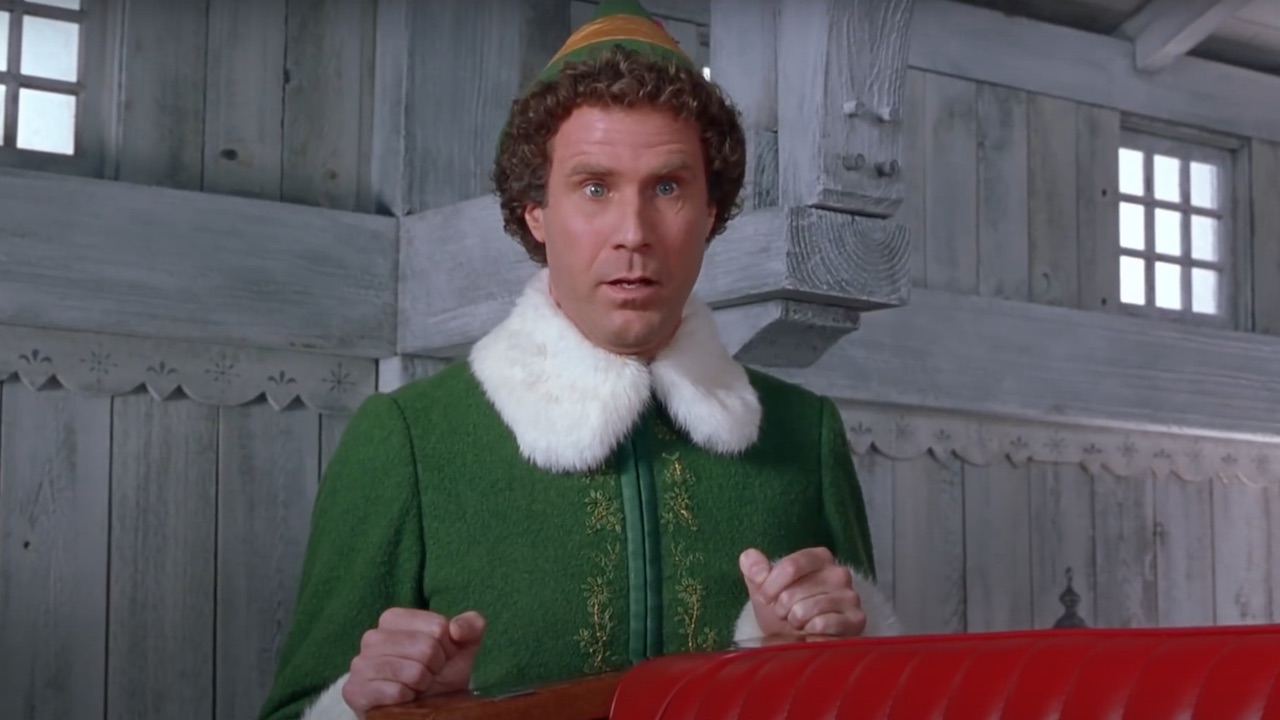Tis the season for complex, character-driven dramas that give Hollywood’s finest the chance to flex their acting muscles and prove just how damn talented they can be when they’re not restrained by studio fodder. With the summer blockbuster slate behind us, and the awards season on the horizon, now is the time for weightier fare that deals with intense subject matter. And having impressed at its premiere at the Tribeca Film Festival back in April, expectations over the grief-stricken and harrowing antics of Meadowland have been steadily building ever since Cinedigm picked it up for distribution.
That’s thanks in part to the fact that it was teased as Olivia Wilde’s most impressive performance to date as a grieving mother struggling to deal with the aftermath of her son’s disappearance, as well as the fact that it’s also the directorial debut of Reed Morano, the cinematographer behind Frozen River, Kill Your Darlings, and The Skeleton Twins.
And both Wilde and Morano are at the heart of everything that’s great about Meadowland. Wilde is truly mesmerizing as Sarah, who is left clamoring for anything that will make her feel human again following the disappearance and probable death of her young son. 12 months on from the serene opening scene that soon turns tragic when their boy goes missing from a gas station bathroom, we see Wilde descend into more and more depraved scenarios, each of which push her away from her husband Phil, played by the resolute and lovable Luke Wilson.
As she plummets, Wilde keeps Sarah relatable and engaging but never resorts to over the top tactics to compel. Instead she gives a balanced and emotional driven performance, which makes you completely understand and connect with Sarah’s plight as she spirals out of control, and refuses to deal with her problems. Sarah’s journey is nicely juxtaposed with Phil’s, a police officer who is trying to move on in a forthright manner. Sure, it’s a little bit too nicely structured at times, but that’s not enough to diminish.
Wilde’s performance chimes well with Reed Morano’s simmering direction, which allows the film to proceed at a leisurely pace and gives the actors room to strut their stuff. And thanks to the fact that Meadowland has a fine ensemble, which as well as Wilde and Wilson includes Juno Temple (Black Mass), Merritt Wever (Nurse Jackie), Giovanni Ribisi (Boiler Room), Ty Simpkins (Iron Man 3), Elizabeth Moss (Mad Men), Kevin Corrigan (The Departed), and John Leguizamo (Chef), your gaze is firmly entrenched on the screen. An unrecognizable Moss, subtle Simpkins, and embattled Leguizamo are especially magnificent.
Reed Morano firmly keeps to her indie roots, constantly allowing wave after wave of sadness to wallow over the film, while lighting and shooting it in a hyper-real but gorgeous fashion that keeps a glimmer of hope alive. She finds alienation and isolation in each shot, while reverting to music soaked scenes of aimless walks that hammer home Meadowland's mantra.
Meadowland does deserve acclaim for being resolutely unhinged and atmospheric, bur its lack of story ultimately becomes a deterrent. Too much is flirted at rather than unfolding. Plus, it ticks a few too many cliché boxes from the damaged, indie genre. There’s plenty to admire, you’ve just seen it all before.
Your Daily Blend of Entertainment News
And while Meadowland throbs along nicely, you’re left unfulfilled by its attempted grandiose and revelatory finale that fails to satisfactorily bring everything together. That being said, Meadowland’s good certainly outweighs its bad, and it’s still worth your time so that you get to see Wilde as she embarks on what’s hopefully the next stage of her career, as well as feel its moments of genuine pathos.


